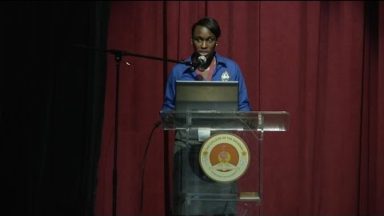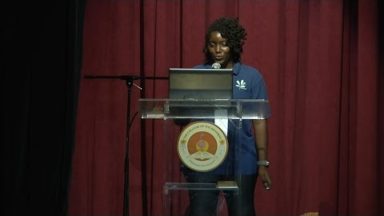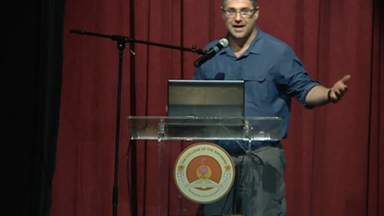Exuma Topics: A Framework for Synthesizing Collective Fieldwork
Presented by Gareth Doherty & Nicolette Bethel
Gareth Doherty and Nicolette Bethel
The Bahamas is an archipelagic nation consisting of hundreds of islands and cays varying in size and proximity, interconnected and porous, and constantly in flux through land, sea, subterranean, and sky. Within The Bahamas, Exuma represents a vital space for biological diversity, and understanding the multiple ecologies of Exuma is crucial for the future of the nation. Through three years of collective anthropological fieldwork between students from the College of The Bahamas and Harvard Graduate School of Design, A Sustainable Future for Exuma worked to understand the shifts, key topics, and circulating patterns within and between Exuma. Throughout 2013-2015, students travelled to and lived within Exuma, engaging in conversations with various stakeholders throughout the cays. Student produced notes and images elucidated crucial socio-cultural patterns, which were then processed and visualized through the online tool, Exuma Topics. This online interface provides an interactive framework for processing data collected during field research. With more than 260,000 words and more than 2,000 photographs formatted and sorted by multiple themes onto digitized note cards, the user can sift through field research and observe patterns as they visually emerge across speakers, years, and cays. Exuma Topics acts as a framework to build collaborative fieldwork and is a proposed model for synthesizing a range of multi-media research conducted in an expansive region by multiple actors. Exuma Topics aids as a tool to help interactively depict the breadth and depth of nuanced socio-cultural patterns pertinent to life in Exuma. Preliminary findings from Exuma Topics suggest the importance of imagining design proposals relating to public space and food security. Multiple emerging themes, ranging from mobility to food, land, and water, can continue to inform collective, participatory, and imaginative projects, hopefully leading to a more sustainable future for Exuma.







Recent Comments